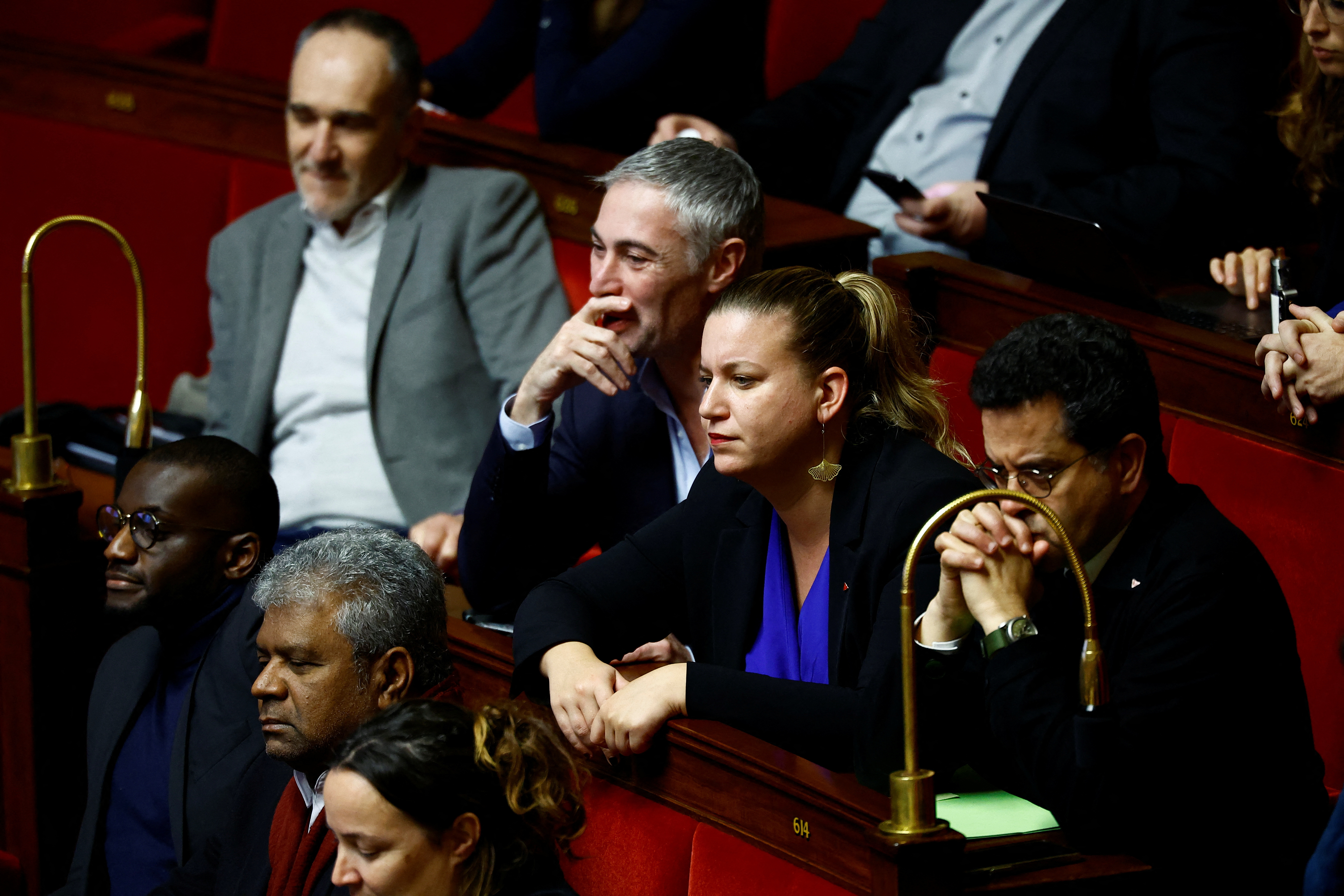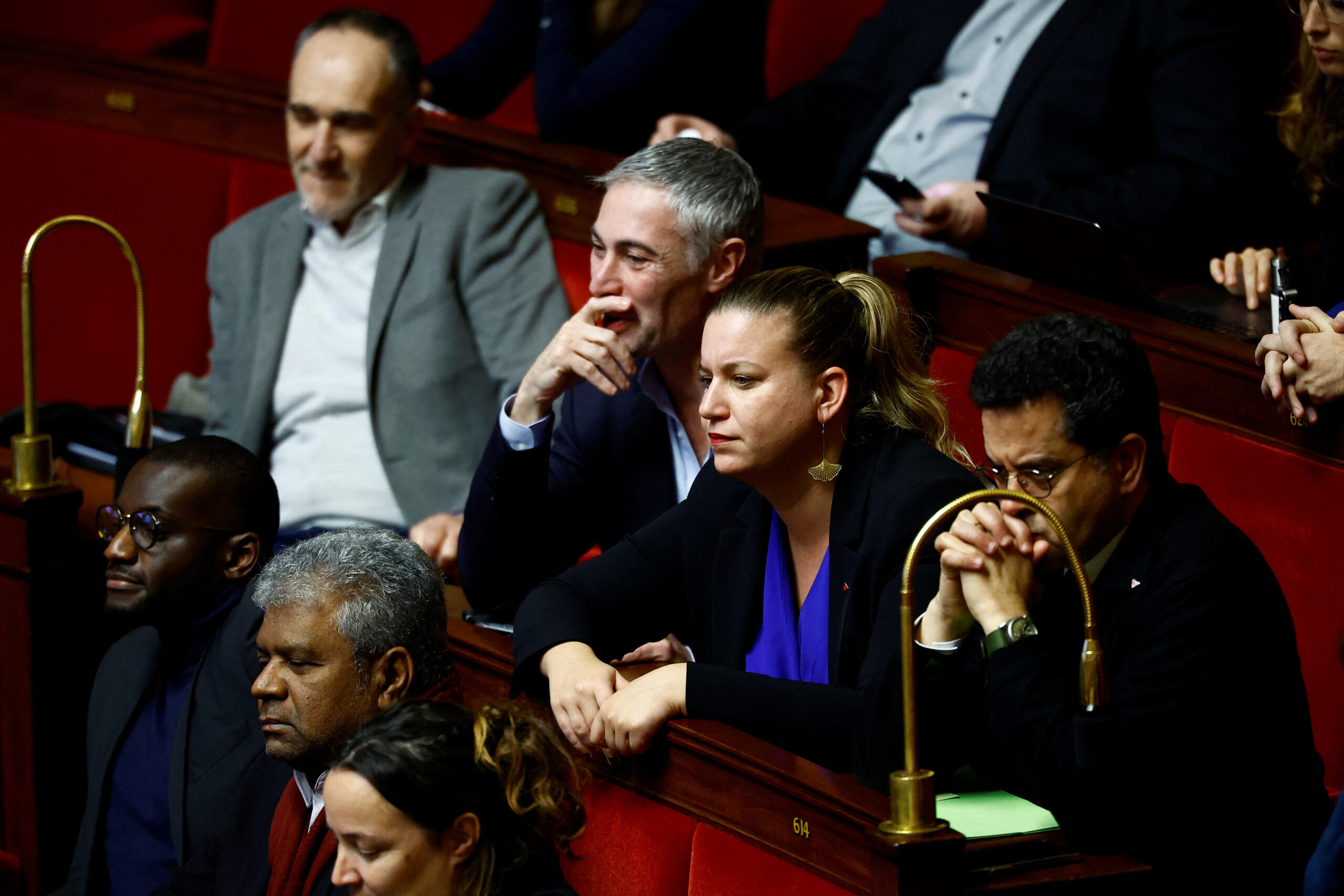
French National Assembly Passes Vote of No-Confidence: A Government on Shaky Ground
In a dramatic turn of events within the French political landscape, the National Assembly has passed a vote of no-confidence against Prime Minister Michel Barnier’s government. This pivotal decision has triggered the collapse of his administration, marking a significant shift in France’s political stability just three months after Barnier was appointed to lead the country.
The Vote of No-Confidence: A Breakdown
The no-confidence motion gained overwhelming support from 331 members of the National Assembly, far exceeding the necessary threshold of 288 votes needed to unseat the government. The political ramifications of this event are immense, as it reflects deep divisions among lawmakers and significant discontent among constituents regarding the current administration’s handling of various issues.
Members of the opposition parties rallied together to galvanize support for the motion, citing a range of grievances from the government’s economic policies to its management of public services. This sense of urgency culminated in a strong display during the vote, emphasizing the growing dissatisfaction with Barnier’s leadership.
Prime Minister Barnier’s Short Tenure
Michel Barnier, who had been in office for only a few months, is now facing the implications of this unprecedented challenge. Known for his experience in international diplomacy and negotiations, Barnier’s initial rise to power was met with optimism, particularly in relation to France’s positioning on the global stage. However, as the realities of domestic governance set in, his administration struggled to maintain unity and articulate a cohesive vision.
Political analysts suggest that Barnier’s government faced various obstacles that contributed to its downfall. Key issues included rising inflation, worker strikes, and a perceived lack of transparency in government operations, all of which stirred public discontent. The opposition has seized upon these failures to bolster their case for the no-confidence vote, framing the government’s shortcomings as indicative of a broader failure to address the pressing concerns of the French populace.
Political Repercussions and Future Directions
The consequences of this no-confidence vote extend beyond Barnier’s resignation. As the political landscape shifts, stakeholders are keenly watching to see how the various parties will maneuver in the aftermath of this upheaval. Analysts speculate about the potential for new elections, a reformation of alliances among parties, or the appointment of a caretaker government to steer the country until a new Prime Minister can be elected.
The French left, buoyed by the success of the no-confidence motion, may look to capitalize on this moment to solidify their position ahead of future elections. Meanwhile, the ruling party faces an existential crisis as they navigate the fallout from their leadership’s failures. This moment also poses a critical test for President Emmanuel Macron, who must now consider how to reconcile these internal divisions while maintaining stability within his administration.
Public Response and Social Implications
The public response to the no-confidence vote has been mixed. While many citizens express relief at the prospect of change in leadership—hoping for renewed accountability and responsiveness from the government—others are apprehensive about the uncertainty that follows such swift political change. Protests against the government have been held sporadically in recent months, indicating a populace highly engaged in the nation’s political discourse.
Social media has become a powerful tool for expression and dissent, with hashtags calling for governmental accountability trending widely following the vote. Citizens are voicing their concerns about economic stability, public health, and social justice, demanding that their new leaders prioritize these pressing issues in the coming days.
Next Steps for France
With Prime Minister Barnier expected to step down in the coming days, attention now turns to who will emerge as his successor. Speculation is rife surrounding potential candidates, with some political figures already positioning themselves as viable alternatives. The search for new leadership will be crucial as France grapples with various political, economic, and social challenges ahead.
As the situation evolves, various stakeholders from political leaders to civil rights advocates will likely play pivotal roles in shaping the country’s direction. The upcoming weeks could also see intense negotiations among parties about forming coalitions that could stabilize the government or lead to renewed elections to regain public trust.
The Road Ahead
The vote of no-confidence marks a critical juncture for France, raising questions not only about the immediate future of governance but also about the long-term health of its democratic institutions. As citizens call for accountability, transparency, and effective governance, the nation’s ability to respond satisfactorily will be put to the test.
In conclusion, while Prime Minister Michel Barnier’s government has reached an abrupt end, the potential for renewal and reform remains on the horizon. The unfolding events highlight the importance of active civic engagement and the need for lawmakers to remain attuned to the voices of the people they serve.
This is a developing story. Stay tuned for further updates.


















